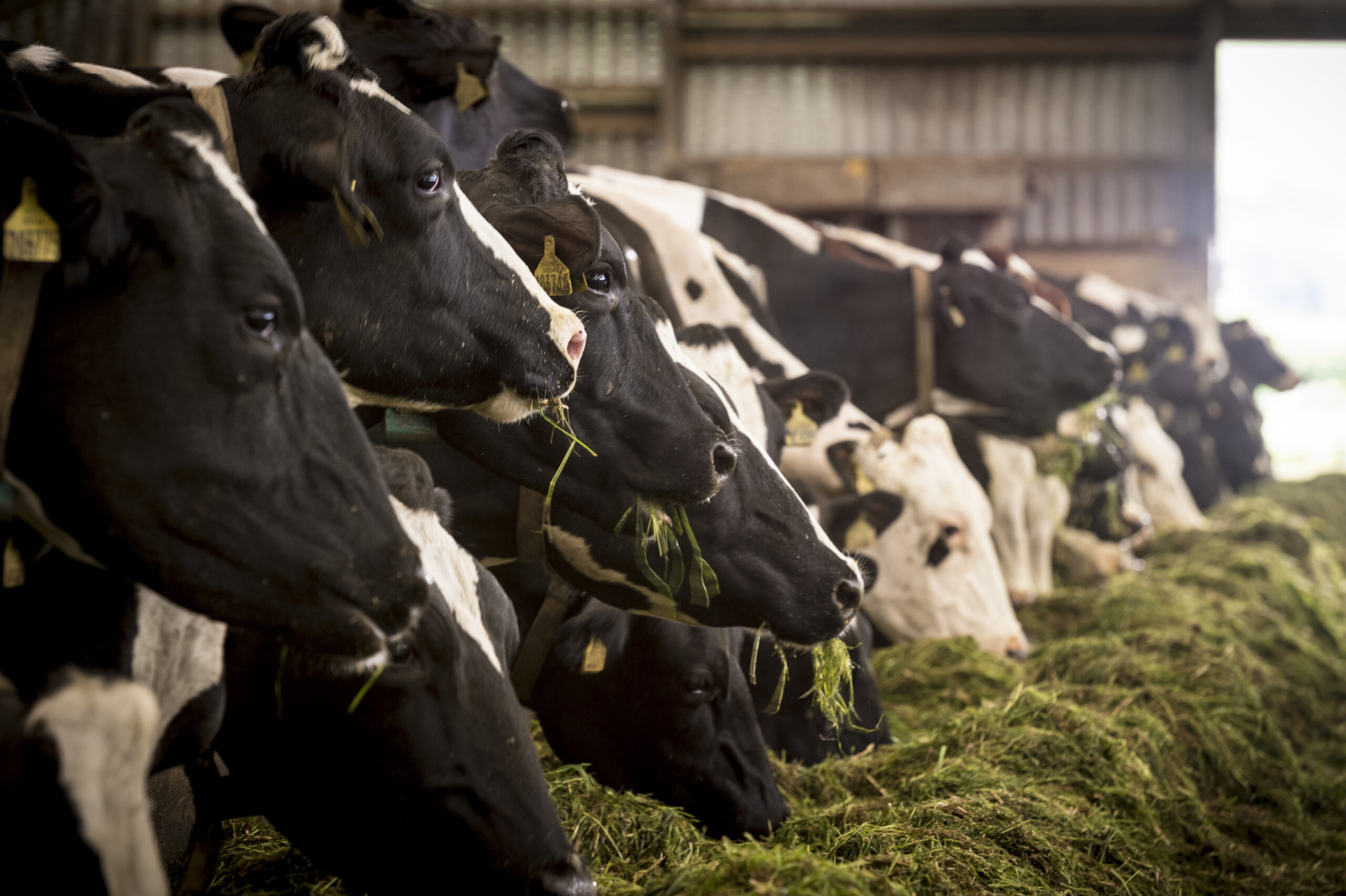Isernia, 12 Feb. (LaPresse) – There are 14 cattle farms between Pizzone and Montenero Val Cocchiara, in the province of Isernia, with active outbreaks of bovine tuberculosis, an infectious disease of bacterial origin that has so far led to the slaughter of several head of cattle. The epidemic began last October with the first outbreak in a farm in Pizzone, where the entire herd – about 40 animals – was slaughtered. The infection then spread to other farms, although most have only one or a few isolated cases. In addition to the confirmed outbreaks, another 9 farms in the area are being monitored by Asrem and the regional Veterinary Service, as they have shared pastures with infected herds. ‘There could be infected animals, but this is not necessarily the case’, explained the health authorities who participated in the meeting at the Prefecture regarding the preventive measures to be adopted to prevent the outbreaks from spreading. Cattle are the main host of bovine tuberculosis, but recent studies indicate that deer and wild boar can act as spillover, contributing to the spread of the disease. Although there is still no talk of a health emergency, the situation remains under close observation. On 10 February a meeting was held in the Prefecture in Isernia with institutions, law enforcement agencies and health experts to take stock of the epidemic and containment measures. Among the actions already taken, the Veterinary Service reiterated the need to comply with the ordinance prohibiting cattle grazing to limit the risk of contagion. There is a high level of concern among farmers, also due to the possible economic repercussions. If the infection rate were to exceed 0.1% of the total number of animals in the Province of Isernia, the territory could lose its status as an officially disease-free zone, with serious consequences for the entire livestock sector. To avert this scenario, controls on farms and personnel have been intensified.
© Copyright LaPresse


